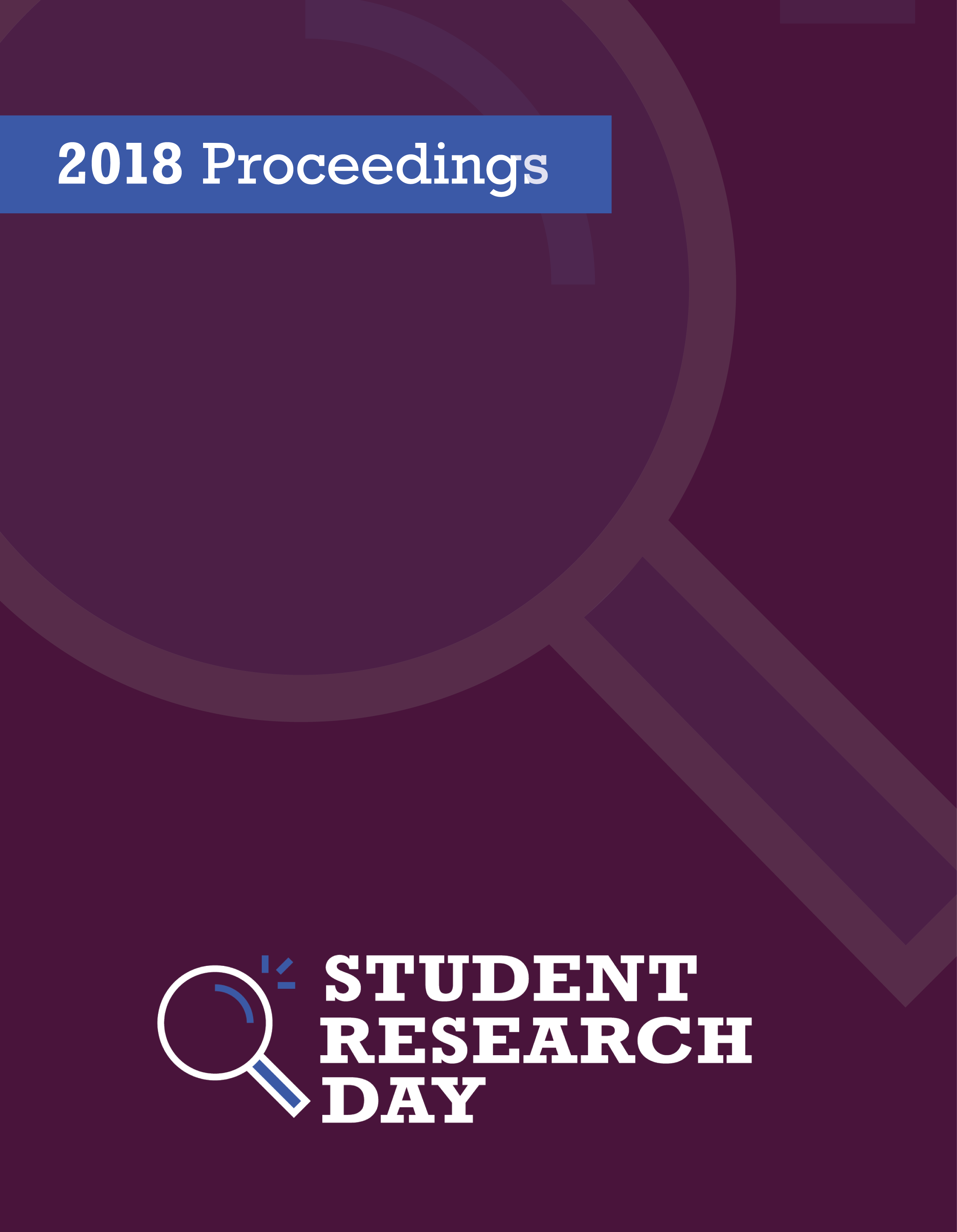The Self, The Other, and The Good
Abstract
The problem of self-hood arises as a epidemic of modern liberal society in Alasdair MacIntyre’s "After Virtue", José Ortega y Gasset’s "The Revolt of the Masses" and Walker Percy’s "Lost In The Cosmos". The problem is that the notion of self is unproblematic to the liberal man who suffers, along with a lack of concern for the self, the loss of the Aristotelian notions of happiness and virtue. All three authors attribute this phenomena of the “ghostly” or “nought self” to a certain disconnect with the past and a disconnect with others that is caused by the advancement of technology and a privileging of positivism and scientific thinking as a means of production. It is not clear, however, what exactly is being referred to as the self, a basic understanding of which is necessary to grasp the argument that the self is somewhat lost or is in need recovery, nor is it clear that these authors refer to the same self in each case. In this essay I will explore the conditions wherein the problem of the self arises in each of these texts in order to narrow down the notion of self that each of these authors suggest requires recovery
Discipline: Political Sciences
Faculty Mentor: Dr. Gaelan Murphy
References
Published
Issue
Section
License
Authors retain any and all existing copyright to works contributed to these proceedings.



